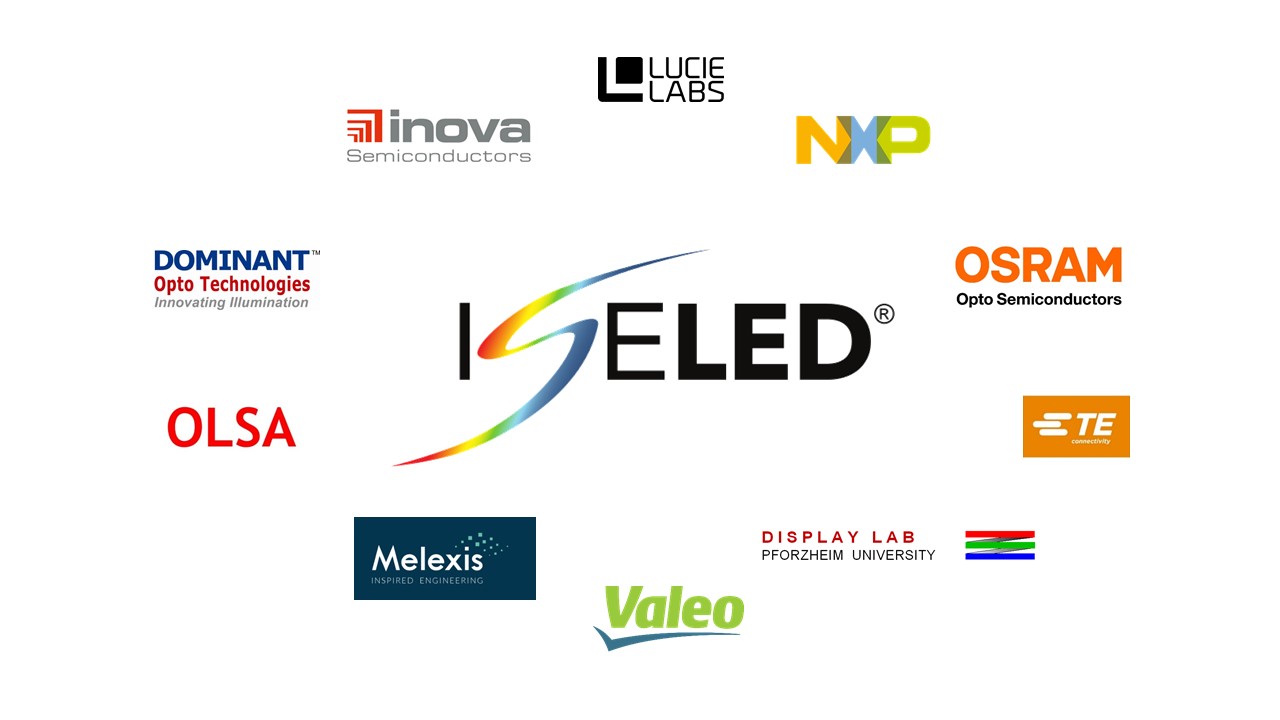Osram Opto Semiconductors has joined the ISELED Alliance which aims to set up an industrial ecosystem to provide solutions for automotive LED lighting.
The ISELED alliance was founded in 2016 with the objective to develop an integrated system of hardware and software of "digital LED" for an innovated LED lighting concept. Digital LED refers to a controller chip with three colored LED chips (RGB LED chips). The alliance focuses on the interaction and coordination between hardware and software components to ensure the optimum integration of the LEDs and associated controller. According to ISELED, the approach enables the extension of interior automotive lighting system and the simplification of LED controller.

(Image: ISELED)
The interior design of vehicles has changed with the development of autonomous driving and the demands on the installed LED light sources have also increased. The new generation of automotive interior or ambient lighting uses hundreds of LEDs, usually made up of flexible strips with a large number of RGB LEDs, which in turn have to be controlled individually to create dynamic lighting effects. Through the concept of ISELED, each of the "digital LEDs" is integrated together with a controller in a small package and can be daisy-chained. In total, up to 4079 of these digital LEDs can be arranged via a differential 2-wire bus with a data rate of 2 Mbps and controlled by an external controller. With a data rate of 2 Mbps and using the corresponding application software – also available from ISELED partners – fascinating lighting effects with video speed are possible.
OSRAM Opto Semiconductors will introduce the first prototypes of smart RGB LEDs on the market. "A key customer advantage of these innovative smart LED components is that the complex calibration for adjusting color location and brightness between the individual LEDs is no longer necessary," explains Hermann Senninger, Senior Marketing Manager Automotive Interior at Opto Semiconductors.

(Image: ISELED)
In addition to OSRAM Opto Semiconductors, Inova Semiconductors, Dominant Opto Technologies, Lucie Labs, Melexis, OLSA Group, NXP, TE Connectivity, the University of Pforzheim and Valeo have already joined the alliance.













